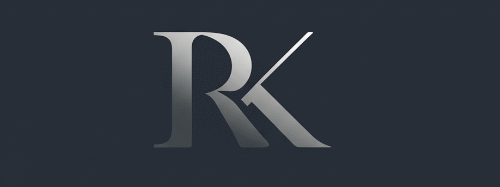
The Universal Right to Create, Consume, and Distribute: A Human Mandate Rooted in Divine Design
By Kamrul Ahashan Rajib
In an age of unprecedented technological advancement and global interconnectivity, the discussion of human rights has evolved beyond political freedoms and civil liberties. It now increasingly encompasses the foundational right of every individual to access, distribute, and create the essentials of daily life. This right, however, is not merely a legal construct or a socioeconomic argument—it is deeply rooted in the very nature of human existence as a creation of the Creator within the harmonious design of the universe.
A Universal Principle
The notion that “every individual possesses the equal right to access, distribute, and create the essentials of daily life” represents more than an ethical ideal. It embodies a fundamental principle of natural law—universal, impartial, and intrinsic to the dignity of every human being. Regardless of geography, faith, status, or origin, each person is born with a divine imprint, endowed with the capacity to contribute to and benefit from the collective resources of the Earth.
When individuals are empowered to participate freely in the creation, consumption, and equitable distribution of resources, societies flourish. Innovation accelerates, social cohesion strengthens, and a shared sense of stewardship emerges. This principle reinforces that human existence is not a passive experience, but an active, creative role in shaping and sustaining life in harmony with universal laws.
Creation as a Human Birthright
Creation is not limited to the physical act of producing goods or services. It is an inherent human trait—expressed through ideas, actions, relationships, and innovations. To create is to affirm life, to contribute meaningfully to society, and to reflect the intelligence and purpose instilled by the Creator. When individuals are denied this opportunity—by poverty, discrimination, or systemic barriers—they are stripped of a fundamental aspect of their humanity.
The capacity to create must be protected and nurtured through access to education, technology, and opportunity. This is not merely a moral imperative; it is a strategic investment in the future of our global community.
Equitable Consumption and Distribution
Consumption and distribution are frequently misunderstood as economic functions, but they also carry moral and spiritual weight. Every human being has a right to consume what is necessary for survival and well-being—food, shelter, health, and knowledge. Equally, individuals should have the opportunity to distribute these essentials within their communities, thereby fostering self-reliance and collective resilience.
Unjust systems that monopolize or restrict access to daily needs violate this universal order. In contrast, inclusive economies and cooperative networks are closer reflections of the balance intended by the Creator. When distribution becomes participatory and consumption becomes conscious, humanity moves toward a more just and sustainable world.
The Creator’s Design and Human Responsibility
As creations of a higher intelligence, we are not isolated beings but part of a vast, interdependent universe. This reality imposes responsibility—not just for ourselves but for one another, and for the Earth we inhabit. The universe operates on principles of balance, reciprocity, and regeneration. Human systems should strive to mirror these same values.
Our responsibility, therefore, is to ensure that no individual is deprived of the right to live with dignity, to participate in creation, and to access life’s necessities. This includes dismantling inequities, protecting the environment, and fostering systems that prioritize long-term harmony over short-term gain.
Conclusion
The right to create, consume, and distribute daily essentials is not a privilege to be granted—it is a divine entitlement to be recognized, upheld, and protected. In acknowledging this truth, we align ourselves with the Creator’s design and move closer to a world defined not by division and deprivation, but by unity, justice, and purpose.
In fulfilling this mandate, we not only honor our shared humanity—we also fulfill our highest potential as conscious participants in the unfolding story of the universe.

2 Comments